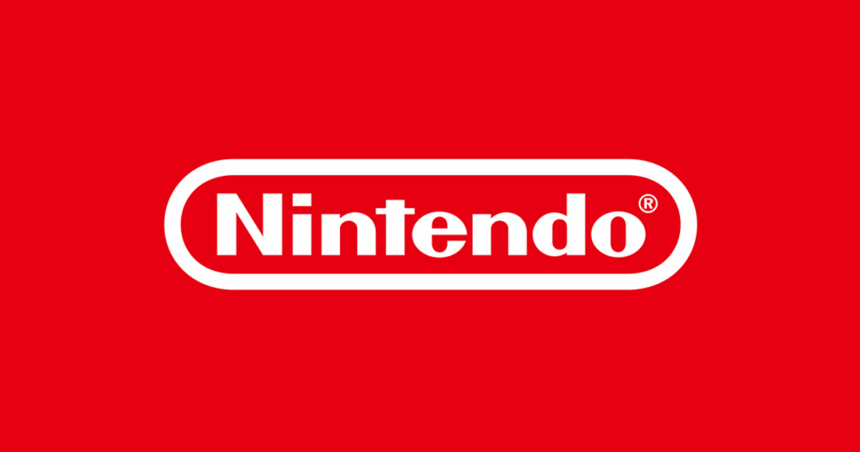Newly disclosed employee information from Nintendo has revealed that people tend to work for the company for a very long time indeed.
As spotted by Go Nintendo, the employee records – which were updated in June and are for the period April 2024 to March 2025 – show that people stay at Nintendo Japan for an average of 14.4 years.
The average term of service for Nintendo of America employees, meanwhile, is 10 years. For Nintendo of Europe the figure is slightly higher at 11.1 years, and for Nintendo Australia it’s 8.5 years. Across the board, men tend to stay for slightly longer than women.
The employee turnover rate for Japan is a miniscule 1.9%, rising to 5.7% for America, 6% for Europe and 16.7% for Australia.
The stats also reveal that Nintendo has a total of 5,630 full-time employees worldwide, which is a surprisingly tiny number considering how much profit the firm makes. Nintendo reported a gross profit of $4.9 billion for the year ending March 31, 2025, which is equivalent to $870,337 per employee.
For comparison, according to its results for the same year, Sony had 12,100 employees in its Game & Network Services (G&NS) division, down slightly from 12,700 the year before. The division reported an operating income of $2.8 billion for the year – equivalent to $231,404 per employee.
Looking at Nintendo’s previous employee data for the period between April 2023 and March 2024 shows that the overall number of full-time employees at Nintendo has risen by 366 over the past year, from 5,264 to 5,630.
Nintendo Japan’s full-time employee count has risen by 148, America’s by 165, and Europe’s by 56, whereas Nintendo Australia has shrunk by three employees.
The vast majority of full-time staff currently work at Nintendo Japan, which has 2,962 full time employees. Next is America with 1,446 staff, then Europe with 1,123 staff, and finally Australia with just 99 staff.
The gender split varies dramatically by region. In Japan, 76.6% of staff are male, while the figure is 60.9% for America and 58.3% for Europe. In Australia, the gender split is almost 50/50.
For comparison, a 2022 survey by UKIE found that 67% of the overall UK games industry workforce identified as men, 30% as women, and 3% as non-binary or another gender.





